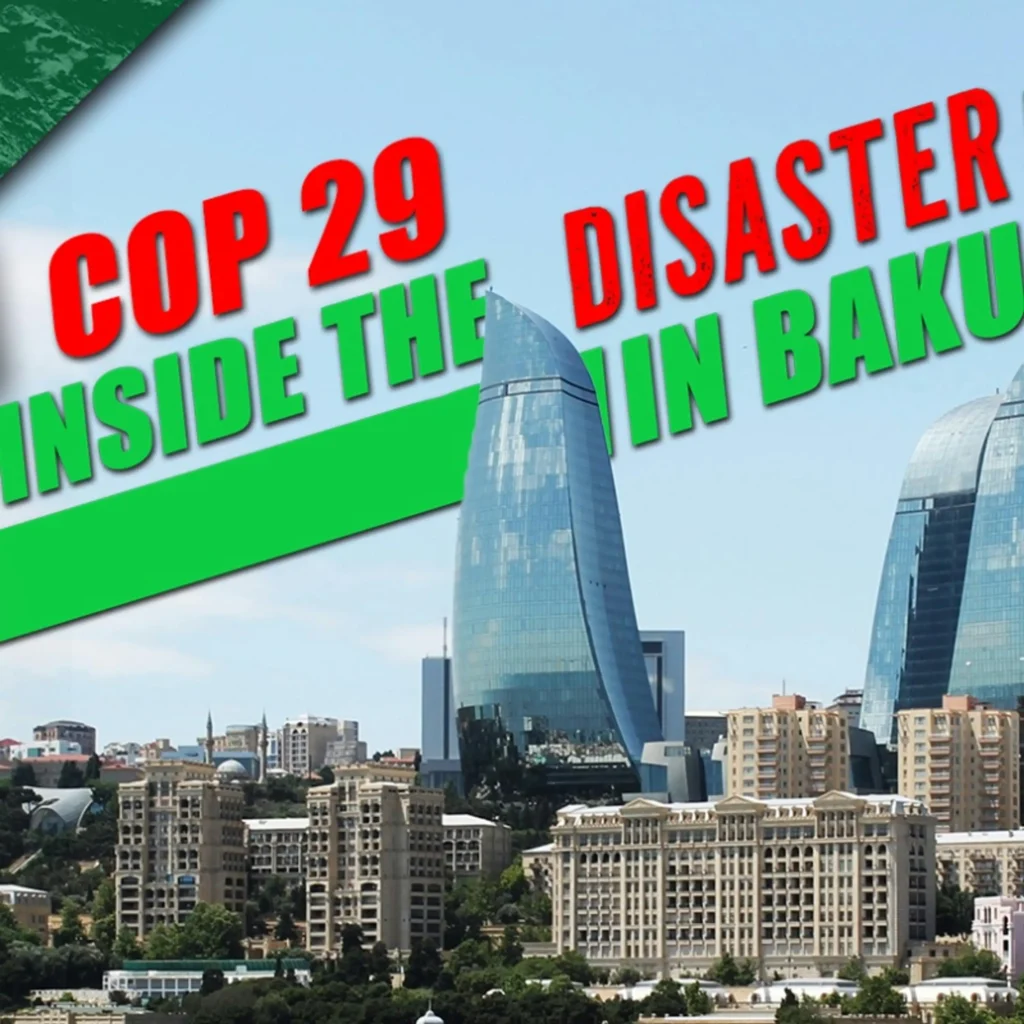The Los Angeles City Council has voted to ban plastic grocery bags unless the state imposes a 25 cent fee on the bags by July 2010.
Council members asserted environmental concerns in justifying the proposed ban, even though environmental groups are split over whether plastic bags are less environmentally friendly than paper ones.
Biting the Bullet
Supporters of the ban admit forcing consumers to use bulky and unwieldy paper bags or bring in several of their own cloth bags for each shopping trip entails some inconvenience, but they argue the environmental benefits justify the intrusion of government over consumers’ choice.
“This is a major moment for our city, to bite the bullet and go with something that is more ecologically sensitive than what we’ve ever done before,” said Councilman Bill Rosendahl, according to a story in the July 23 Los Angeles Times.
Green Groups Unconvinced
Many environmental groups have expressed doubt there is much environmental difference between paper and plastic grocery bags.
The Environmental Literacy Council Web site observes, “Both paper and plastic bags have to be transported to stores, which requires energy and creates emissions. In this comparison, plastic is preferable because plastic bags are lighter in weight and more compact than paper bags. It would take approximately seven trucks to transport the same number of paper bags as can be transported by a single truck full of plastic bags.”
Similarly, the Sierra Club Web site says the organization cannot find an environmental difference between paper and plastic bags, noting any distinction is small and based on subjective values.
In March 2007, San Francisco became the first city in the United States to ban plastic shopping bags. Other cities have considered similar bans, though all such efforts have failed so far.
Concerns Called Overblown
“There is the irony here regarding environmental opposition to plastic bags,” said Marlo Lewis, a senior fellow at the Competitive Enterprise Institute. “The alternative—paper bags—comes from trees. The so-called ‘tree huggers’ now want to increase the cutting down of trees? This is quite a development.
“Proposed bans on plastic bags are just plain ridiculous,” Lewis continued. “This is just a silly excuse to meddle with legitimate business practices that enhance consumer convenience. Plastic bags are so popular because they are lighter and easier to use than paper bags or cloth bags. They make our lives easier. And the asserted harms of plastic bags are extremely minimal.”
James M. Taylor ([email protected]) is a senior fellow of The Heartland Institute and managing editor of Environment & Climate News.




